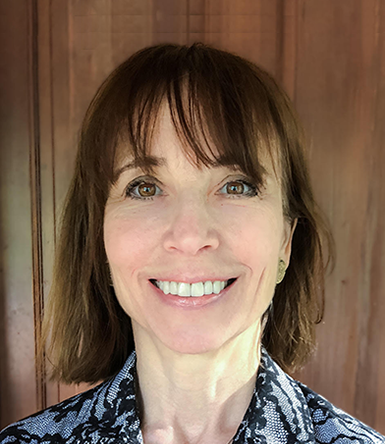Home » Newsletters » The Carlat Hospital Psychiatry Report

The Carlat Hospital Psychiatry Report
Capacity Assessments (April/May/June) | 2021
View Archived Issues
Note From the Editor-in-Chief
May 21, 2021
Editor-in-Chief

Dr. Hendrick is a clinical professor at the David Geffen School of Medicine at UCLA and is the director of inpatient psychiatry at Olive View—UCLA Medical Center, where she carries a caseload of patients and provides teaching and supervision for medical students and psychiatry residents. After completing medical school and psychiatric residency at UCLA, she spent several years working as a principal investigator and co-investigator on N.I.M.H. funded research studies. She has authored or co-authored over 75 research papers, editorials, books and other publications. She has a long-standing interest in the needs of severely mentally ill patients from underserved populations and has worked in community mental health settings her entire career.
Recommended
Newsletters
Please see our Terms and Conditions, Privacy Policy, Subscription Agreement, Use of Cookies, and Hardware/Software Requirements to view our website.
© 2025 Carlat Publishing, LLC and Affiliates, All Rights Reserved.

_-The-Breakthrough-Antipsychotic-That-Could-Change-Everything.jpg?1729528747)



